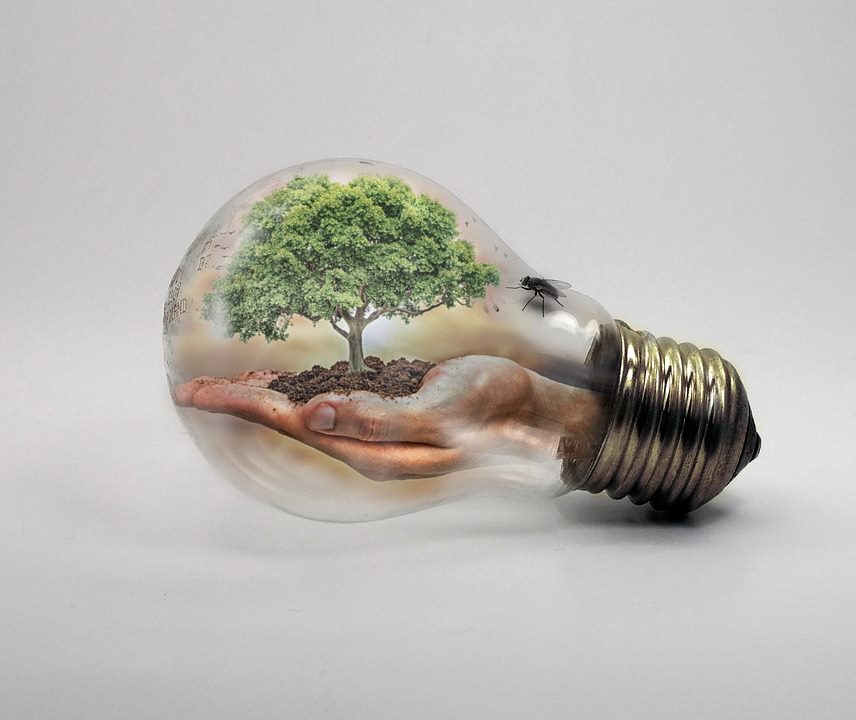Last week, the UN’s leading body of climate scientists released its report outlining the most current understanding of the impact of global warming. The starkest and most widely reported detail of the report: action must be taken within the next twelve years or we risk a potential domino effect of rising temperatures and the rapid deterioration of the liveability of this planet. The following day, Facebook feeds and Instagram stories were filled with the thoughts and hot takes of a dozen half-remembered school acquaintances – reactions ranging from aggressive apathy to existential dread. No one seemed quite sure how to take the news of the ever-increasing speed of our species’ destruction.
On the part of the corporate press, a much more unified front was presented in response to the UN report. With all the language of urgency and immediate action, the mainstream media called for the slightest changes in lifestyle, the tweaking of habits, and the adopting of a slightly greener mindset. Met with the possibility of planet-wide cataclysm, The Independent made the bold call for its readers to make “myriad small changes to [their] lives.” CNN followed suit, bravely urging the general public to consider purchasing more efficient air-conditioning units. Even the report itself appealed to individuals: “use a washing line instead of a tumble dryer” – indeed a radical solution to this global and existential problem.
If this is starting to strike you as frustratingly silly, that’s because it is. If the human species is wiped out, we are told, then it is because you didn’t buy the right kind of straw or because you didn’t wash the jam jar before you recycled it. This kind of rhetoric is disempowering, but it’s also a total distortion of the situation in which we find ourselves. Just 100 corporations have been responsible for 71% of greenhouse gas emissions since 1988. These corporations are totally unaccountable; they have more power than most governments and have no obligation to anyone to stop any time soon, especially not within the next twelve years.
The climate crisis, like so many other problems in the world today, is one of economics and democracy. Given full democracy in the economic sphere, who among us would vote against the continued survival of our own species? Who would, in deciding on how to produce the electricity with which to boil a kettle, choose the option which will eventually render the planet unlivable? (Not much use in Yorkshire Tea after that, anyway). Yet the owner of the energy corporation, along with all his chums, and with the madness of capitalistic logic guiding him, steers us closer and closer to the cliff’s edge. And it is absolutely the CEO, not the mass of people, that is in the driver’s seat of the economy today.
“But isn’t this a technical problem?” I hear you ask, with obvious well-meaning sincerity. “Even if we could democratically decide how we produce, we still couldn’t produce sustainably. The only STEM can save us now!” Well, I’m certainly not one to bash STEM; the people in white coats do good work, so I’m told. In fact, I hate to tell you, but it’s you who has underestimated them: this technical problem has already been solved. Take solar: assuming an efficiency of a solar cell is 20% (a record surpassed in lab environments more than three years ago), a large solar farm in the Sahara that covered less than 2% of the desert would fulfil the energy needs of the whole of Europe and North Africa. The technology exists; the engineering ability exists; the labour power exists. But when the human race needs saving from destruction, there again stands the familiar energy corporation CEO with a surly look that says: “I’m afraid not.”
We have twelve years – forget the washing lines and the efficient air-conditioning units – we need to get this guy out of our way, now.
Callum Friend

